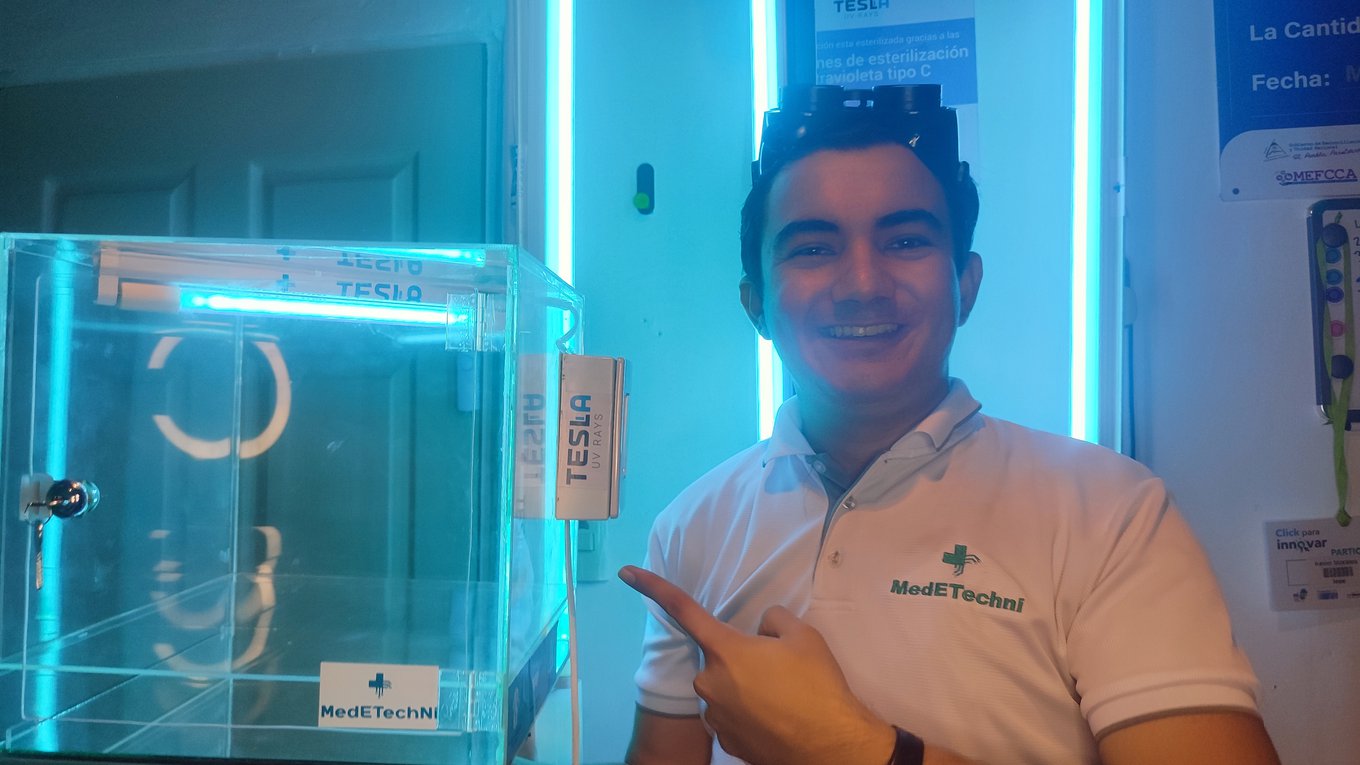Biotechnology & medicine
Kevin Chamorro
Preventing hospital infections and disinfecting patients with ultraviolet light and the Internet of Things.

Global
Alex Abramson
Developing a way to administer vaccines as pills.

Asia Pacific
Runming WANG
Modulating the structures and functions of key metalloproteins in infectious agents.

China
Yongcheng WANG
Breaking through the application limitations of high-throughput single-cell sequencing technology.

Asia Pacific
Shuai LIU
Strategies to enable organ specificity for delivery carriers.
